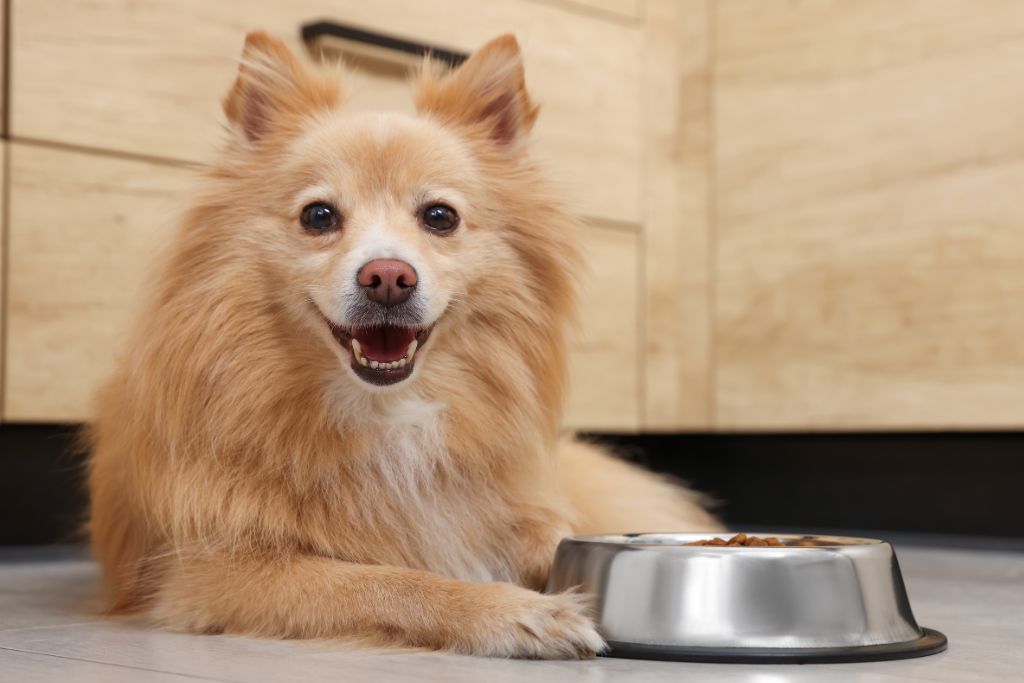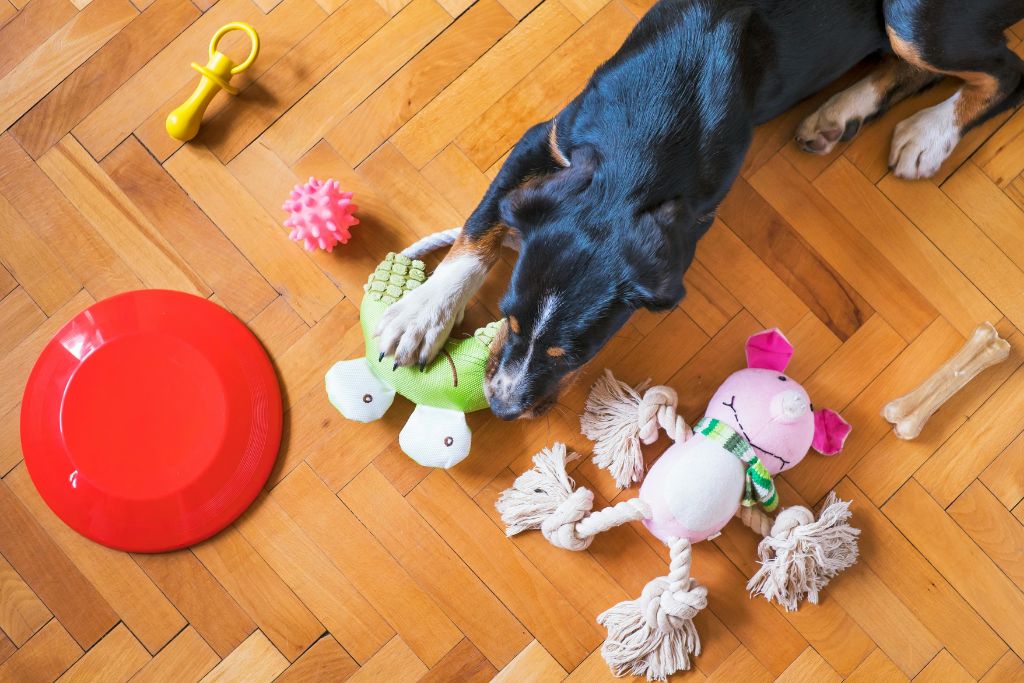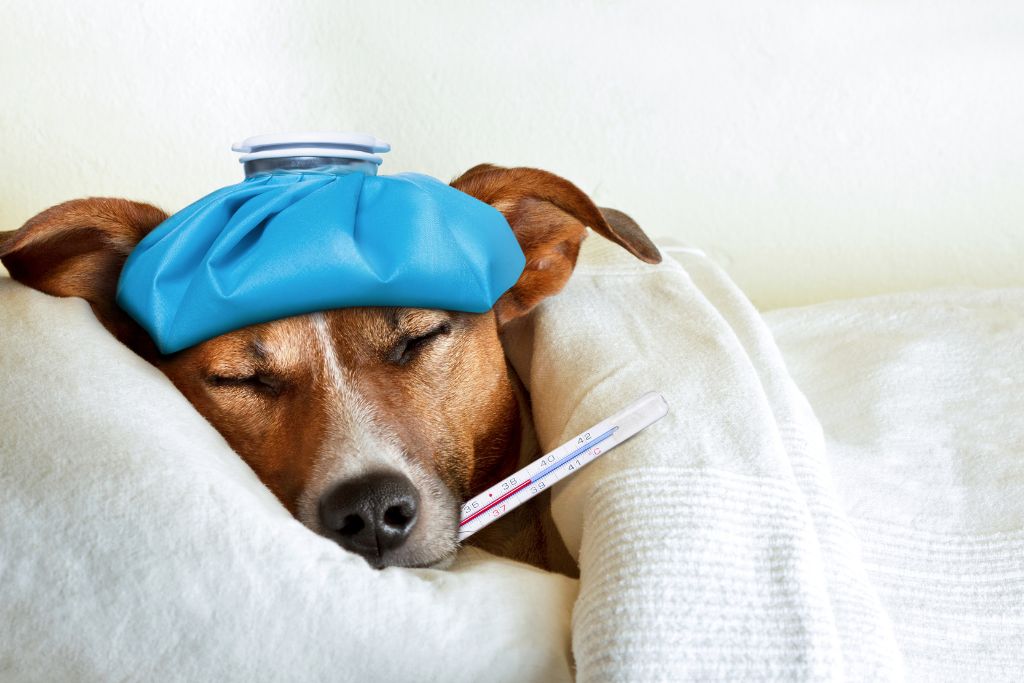MORE TO SHIP FREE 🚚
NICE. SHIPPING IS FREE 🎉
MORE TO REDEEM GIFT 🎁
YAY. REDEEM A FREE GIFT 🥳
YOUR CART IS EMPTY. SHOP NOW.
As adorable as dogs can be, having a dog with aggression tendencies can be very challenging! It’s especially unnerving when a dog that’s usually friendly suddenly becomes aggressive. In extreme cases, aggressive dogs may even attack or bite the people or dogs around them. They may also inflict harm on themselves in an attempt to flee or fight.

To help make your experience with your pup a happy and safe one, let’s try to understand what dog aggression is and how you can help manage it!
Aggressive behaviour in a dog can refer to any kind of behaviour connected with an attack or impending attack from your pup.
This can include:

Dogs can be aggressive for a whole host of reasons. The most common types of dog aggression are:
Territorial Aggression - Dogs can be aggressive when defending its space, especially from what it deems as an intruder whether it’s a person or perhaps another dog.
Protective Aggression - Dogs are pack animals and can be very protective of other animals or people. Mother dogs can be extremely protective of their puppies and could be hostile if you get too near to them.
Possessive Aggression - Also known as resource guarding, pups can be hostile in order to protect their favourite food, toys or other objects of value.
Fear/Defensive Aggression - If your pup is afraid, they may feel cornered enough to respond with aggression. Often times they feel like they have to defend themselves, and are lashing out to protect themselves.
Social Aggression - Dogs that aren’t socialized correctly may develop hostility with other dogs.
Other things like frustration, hormonal changes during mating seasons or pain can also cause aggressive reactions from your dogs. It’s important to identify the reason for your pup’s hostility.

If you catch your pup being aggressive:
When dealing with an aggressive dog, always stay calm and relaxed. Dogs feed off of our energy - if we’re nervous or anxious, they too will become nervous or anxious.
Assess the situation carefully and calmly - your dog is being aggressive for a reason. It’s trying to express that there’s something it’s lacking or doesn’t want. Think about what they need in that situation. If they need space, leave them in the room alone for a while. If they don’t want you near their food or toys, leave it alone.

Even if you feel afraid, avoid making any sudden movements. It’s especially important that you do not try to turn your back to run. Avoid all eye contact with or smiling at your dog.
Use a soft, soothing tone of voice to calmly instruct your dog to sit or stay. If absolutely necessary, approach them very slowly from their side. Most importantly, avoid hitting or punishing your dog as it can worsen their hostility and escalate the situation.
If you know your dog has a history of aggression, take the necessary steps to prevent it.
You can do this by avoiding the triggers that cause your dog to be aggressive. For example, if they’re aggressive over their food or toys, avoid trying to take away their food or toys. You should also consider getting a muzzle if necessary to prevent your pup from hurting other people or dogs. A comfortable one like Artero’s Silicon Muzzle can be a useful tool to have on hand.
If your dog’s aggressive behaviour continues, do consult a vet or professional dog trainer to seek their advice on helping your dog. Do also spay or neuter your dog to reduce some of their aggression.
For pups suffering from dog anxiety that could cause them to become aggressive more easily, calm behaviour training using Adaptil’s Calming Diffuser Kit may help your dog stay calm even in stressful situations.

An aggressive dog is not the end of the world and should not be shunned. Dogs are only aggressive when they feel threatened or need to protect something. Dog aggression can also be trained and treated, especially with the help of a certified vet, dog trainer or dog behaviourist. It’s important that owners of these dogs take proactive steps to help their dogs overcome aggression with patience and love so we can all raise happy, calm and confident dogs.
 TAMMI CHNG
TAMMI CHNG
Comments will be approved before showing up.
Not sure which freeze-dried dog food is best for your pup? To make it easier, we’ve rounded up 10 top-rated...
Explore our list of 10 carefully selected enrichment toys, each matched to different chewing strengths. Whether your dog is a...
Feeding a dog with pancreatitis doesn’t have to be confusing. Here’s a straightforward guide to help you make informed choices...




Joanne
September 22, 2021
You could add that anxiety is usually mistaken for aggression and that an attack can be prevented with telltale signs, like ears pinned back, an erect tail and standing hairs on the back, before teeth start showing.